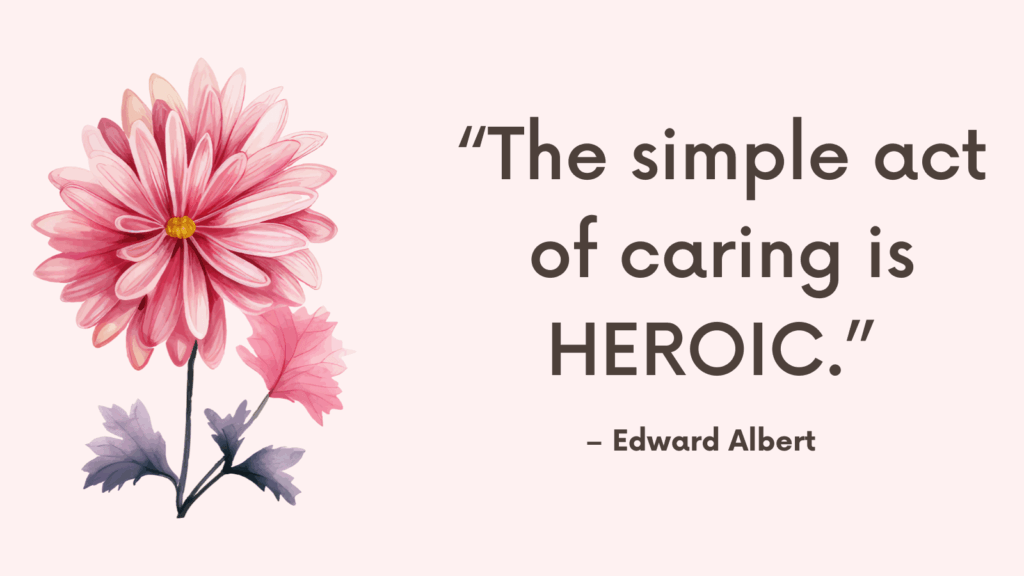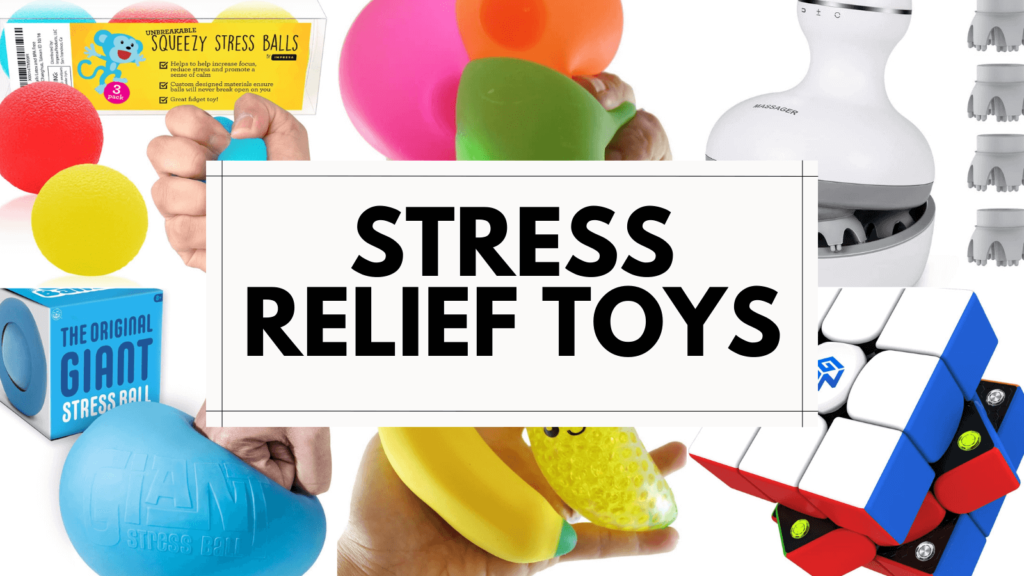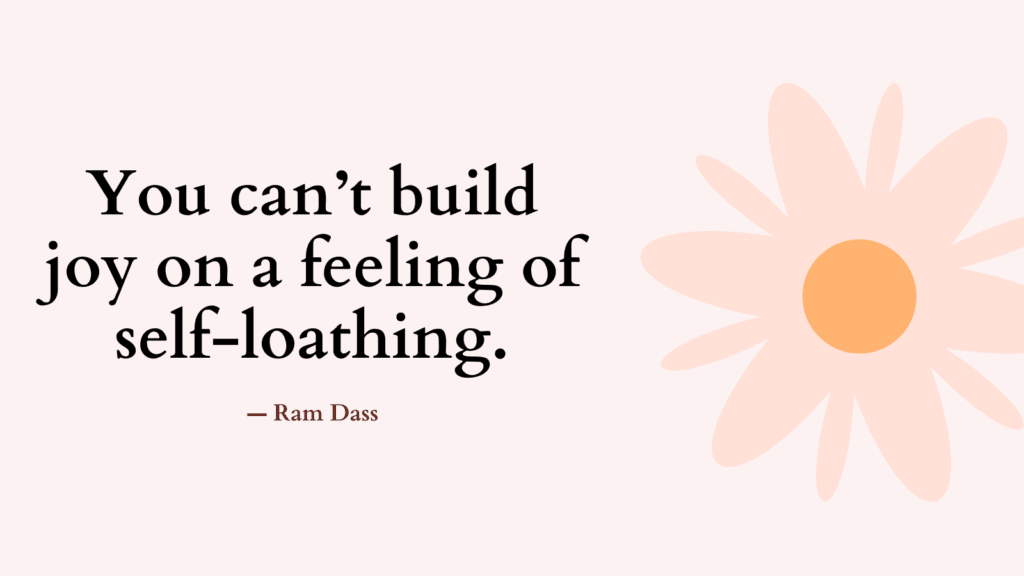Supporting a loved one through addiction—whether they’re actively using, in recovery, or struggling with relapse—requires compassion, respect, and care that’s free from judgment or pressure. The best gifts aren’t about “fixing” them but gently encouraging healing, offering comfort, and reminding them they’re not alone. Here are thoughtful, meaningful gifts that support emotional safety, stability, and hope.
Disclosure: Some of the links below are affiliate links. This means that, at zero cost to you, I will earn an affiliate commission if you click through the link and finalize a purchase.
Thoughtful Gifts to Support a Loved One With Addiction
1. Grounding or Recovery Journal
A simple, non-judgmental space for writing thoughts, tracking moods, or working through triggers. Look for ones with mindfulness prompts or affirmations for recovery.
2. Sober Milestone Token or Bracelet
If they’re in recovery, a discreet bracelet, token, or keychain engraved with a message like “One day at a time” or “You are not alone” can be a powerful reminder of their strength.
3. A Weighted Blanket for Anxiety and Sleep
Addiction and recovery can disrupt sleep and increase anxiety. A weighted blanket offers calming sensory support and can reduce restlessness.
4. A “Safe Space” Box
Fill a box with comforting, non-triggering items: calming tea, fidget toys, affirmation cards, stress putty, soft socks, a handwritten note—tools to help during cravings or hard days.
5. Book by Someone in Recovery
Choose a memoir or resource written by someone who’s lived through addiction and come out the other side. Look for stories grounded in honesty, not shame.
Related: Struggling with Addiction? These Worksheets Will Support Every Step of Recovery
6. Inspirational Message Mug
An inspirational message mug is a simple, practical gift that can offer quiet encouragement. Used every day with coffee or tea, a supportive phrase can remind them they’re seen and supported without pressure. It’s a low-key, meaningful way to show care in a tough time.
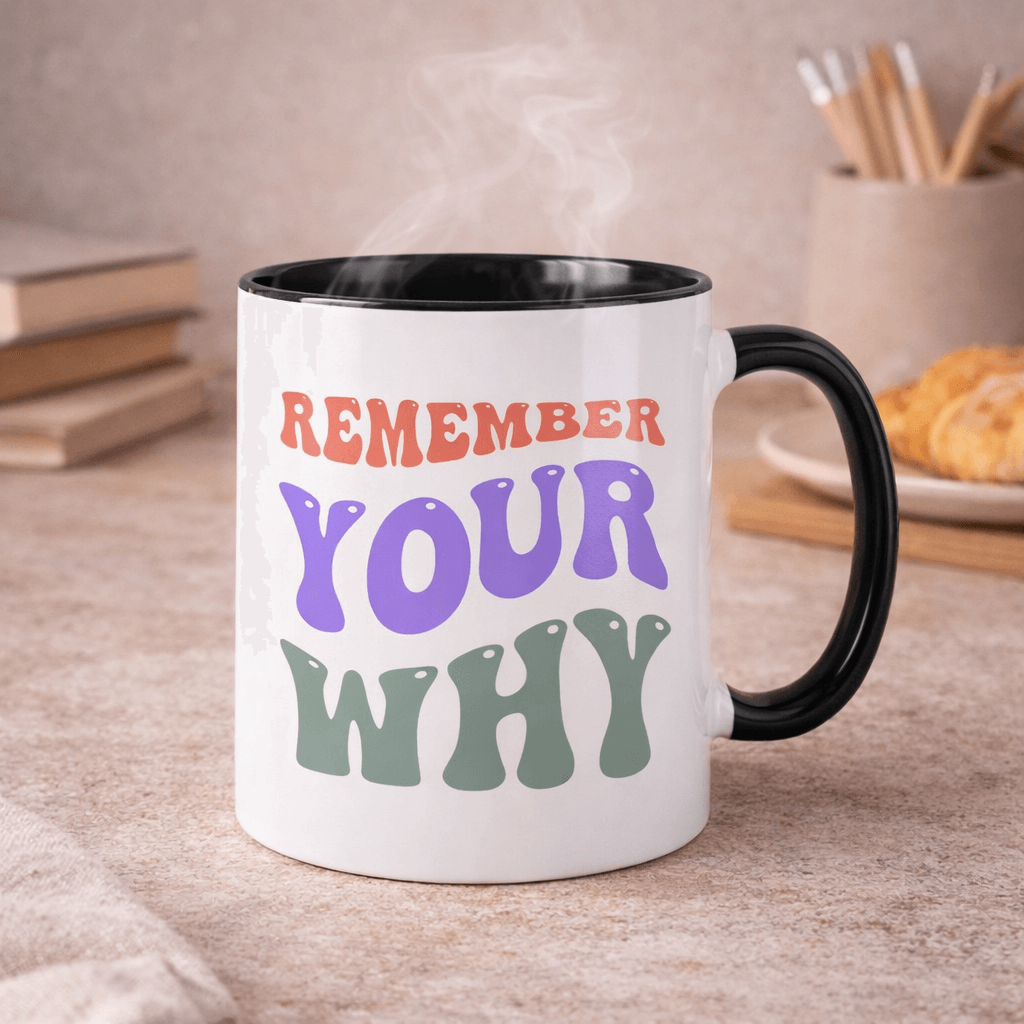
7. Creative Outlet Tools (Sketchbook, Guitar Picks, Craft Kits)
Art, music, or crafting can be powerful forms of self-expression and grounding. Give them tools to create, especially if they’re using creativity as a healthy coping mechanism.
8. Custom Affirmation Cards or Keychain
Simple reminders like “You are more than your addiction,” “Keep showing up,” or “Progress, not perfection” can be affirming in low moments.
9. Essential Oils or Roller Blends
Scents like lavender, citrus, or eucalyptus can promote grounding and calm. Choose subtle, natural scents that don’t overwhelm the senses.
10. A Letter That Says “You’re Still Worth Loving”
Write a card that doesn’t talk about the addiction—just them. Remind them they’re valuable, loved, and not defined by their past. Your words may mean more than any material gift.
Related: What Is Emotional Sobriety and How to Achieve It? (+FREE Worksheets)
Other Ways to Support a Loved One With Addiction
1. Listen Without Judgment
Let them speak without interruption, advice, or shame. Phrases like “That sounds really hard” or “Thank you for sharing that with me” create space for honest conversations.
2. Avoid Shaming or Guilt-Based Language
Addiction is not a moral failure—it’s a health condition. Avoid saying things like “Why can’t you just stop?” Instead, acknowledge the struggle with empathy.
3. Educate Yourself About Addiction
Understanding how addiction affects the brain, behavior, and emotions helps you offer more compassionate, informed support—and reduces personal frustration.
4. Focus on Connection, Not Control
Trying to control their behavior rarely works. Instead, focus on staying emotionally connected and consistently present, even when you can’t control their choices.
5. Set Boundaries With Love
Boundaries aren’t rejection—they’re protection. Be clear about what you can and can’t do (e.g., “I’ll support your recovery, but I can’t give you money for substances”). Loving someone doesn’t mean losing yourself.
Related: How Addiction Affects the Family: Top 8 Consequences
6. Celebrate Progress Without Pressure
Recovery is often non-linear. Acknowledge small wins like attending therapy, opening up, or staying sober for a day. Avoid putting pressure on them to “hurry up and get better.”
7. Be Available During Tough Moments
Relapse, cravings, and shame cycles can be overwhelming. Being someone they can call—without fear of being judged—can be incredibly grounding and life-saving.
8. Encourage Professional Help—Gently
Support them in seeking therapy, rehab, or support groups like AA or SMART Recovery, but avoid ultimatums. Say things like: “I’ll go with you,” or “I believe you deserve help.”
9. Stay in Your Own Support System
You can’t pour from an empty cup. Join a group like Al-Anon, talk to a therapist, or connect with others in similar situations. Supporting them doesn’t mean you should carry it alone.
10. Remind Them of Their Worth—Even When They Forget
Addiction often comes with deep shame. Remind them: “You are not your addiction.” “You’re still worthy of love, healing, and a future.” Your words may be the thing they cling to when they can’t believe it for themselves.
Related: How To Help Someone With A Porn Addiction? Top 10 Tips
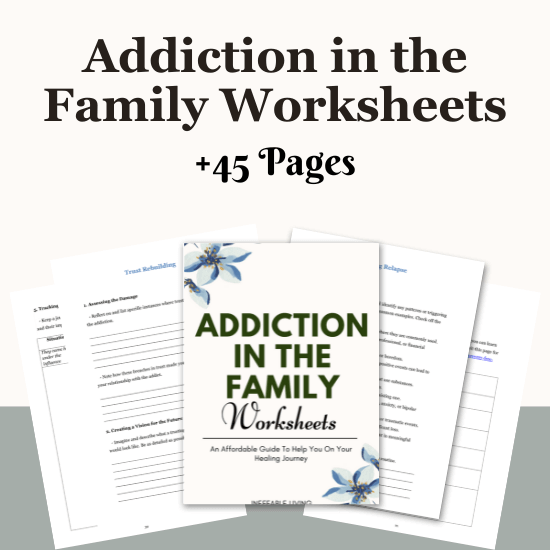
Conclusion
When loving someone with addiction, your gift should offer presence, not pressure. Whether they’re on day one or year ten of recovery, the most healing message you can send is this: “You are not broken. You are still worthy. I’m here with you.” Thoughtful gifts, given with compassion and no conditions, can be a quiet but powerful source of strength.
